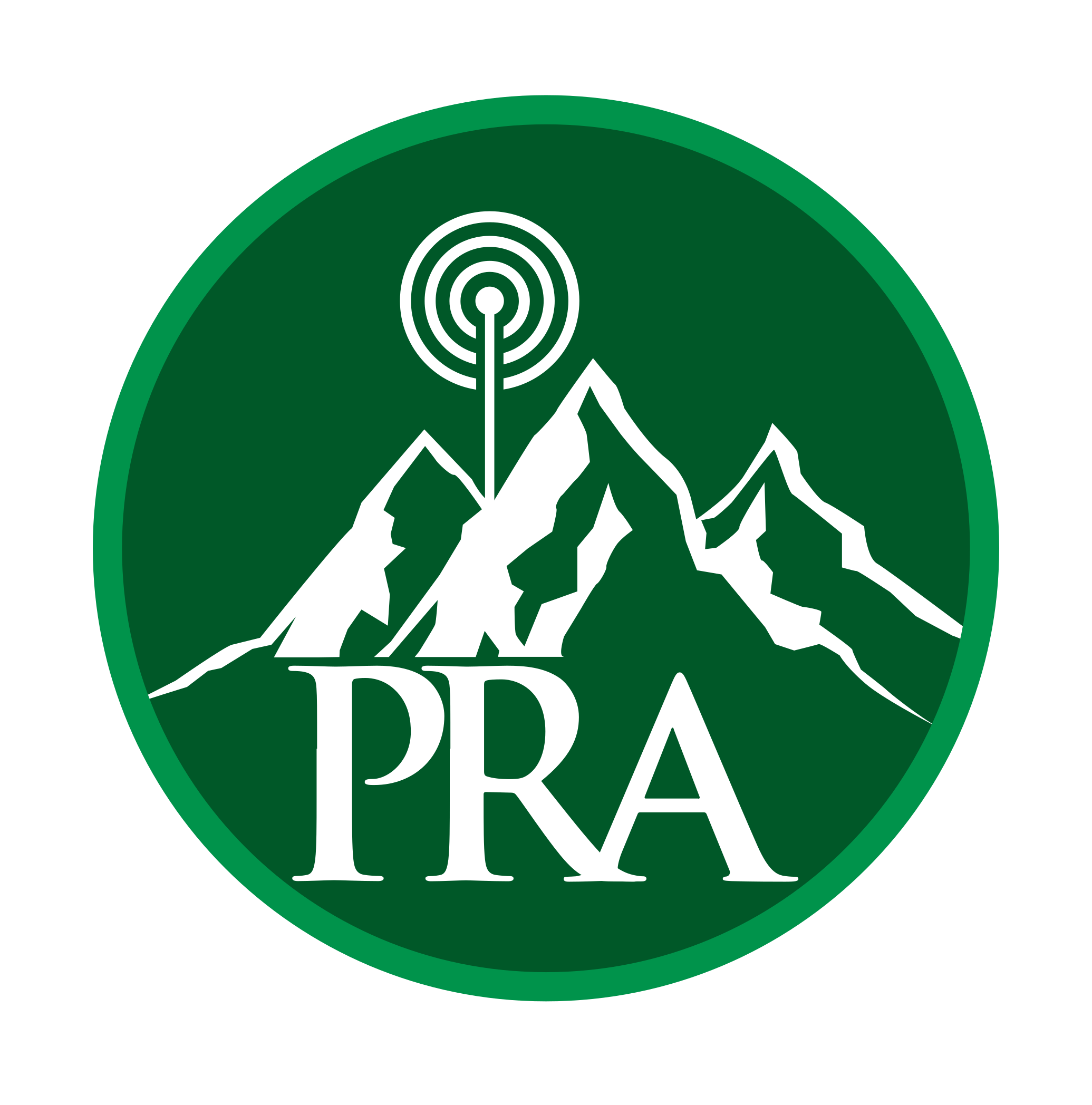
As we start the month of April, there are a few significant changes that will impact most amateur radio operators across the United States. For this month’s column, we will highlight those changes and what steps you will need to take to ensure you stay current in your amateur radio operating activities and license status. These changes are far reaching and will require all of us to consider our plan to execute on these changes timely.
Morse Code Requirements: The FCC announced this morning, 4/1, that it will be requiring all license classes to have proficiency in Morse Code. For current Technicians, you will have until 4/1 of next year to test at VEC for 7 words per minute in order to keep your license current. For General class licenses, you will be required to show proficiency for 17 words per minute. For current General classes licensees, you too will also have until 4/1 of next year to complete this proficiency through a VEC. For Extra class licensees, you will exempt from Morse Code Proficiency requirements, however, you will be required to elmer at least one Technician or General class licensee at accompany them to the FCC Code proficiency exam to sign off on their capabilities to test and pass these exams. If your candidate does not pass, your Extra class license will be downgraded to General and you will be required to take the Morse Code exam only after you have an Elmer accompany you to that re-testing. Again, these changes must be completed by 4/1 of next year.
Digital Endorsements: On top of these FCC Code requirement announcement announced on 4/1, the FCC also implemented requirements for those that operate any digital mode like DMR, Fusion, D-Star, P25, FT-x, etc. (excluding Morse Code) to apply for a Digital Endorsement to their license. This Digital Endorsement will be required to operate any digital mode, including operation via hotspot or internet based systems. Unlike the Morse Code proficiency testing requirements, the FCC Digital Endorsement will be done through an annual application via the ULS annually. Fees are being finalized on this annual endorsement, but tentative ranges in FCC fees will range from $26 to $57 annually. Each operator will be emailed an affidavit from the FCC Field Office in Boulder for an opt-in or opt-out choice. If you choose to opt-out, you will not be permitted to operate any digital mode, except for CW. Should you opt-in, you will be directed to the ULS PayPal link for your annual payment. Failure to comply will be met through ARRL Sanctions & Punishment Committee (SPC Committee) hearings at the Rocky Mountain Division’s Annual Wouff Hong ceremonies.
Again, these changes are major for each amateur radio operator in the United States. If you made it this far in this monthly column, please note the date it was written, April 1st, and I hope you enjoyed the laugh of such nonsense of these farcical ramblings.
Now, go get on the air, participate and enjoy the fun opportunities of amateur radio!
73,
Dan – N2SRK
President
Parker Radio Association

Scott AK6Q says:
Dan the only item you missed is the mandatory compliance with the new rule for Antenna Grease to clean all spurious signals from any attached radio. Failure to use the prescribed Antenna Grease will result in two things, one is loss of signal and the other is again the mandatory use of a registered Elmer to go before the FCC for inspection.